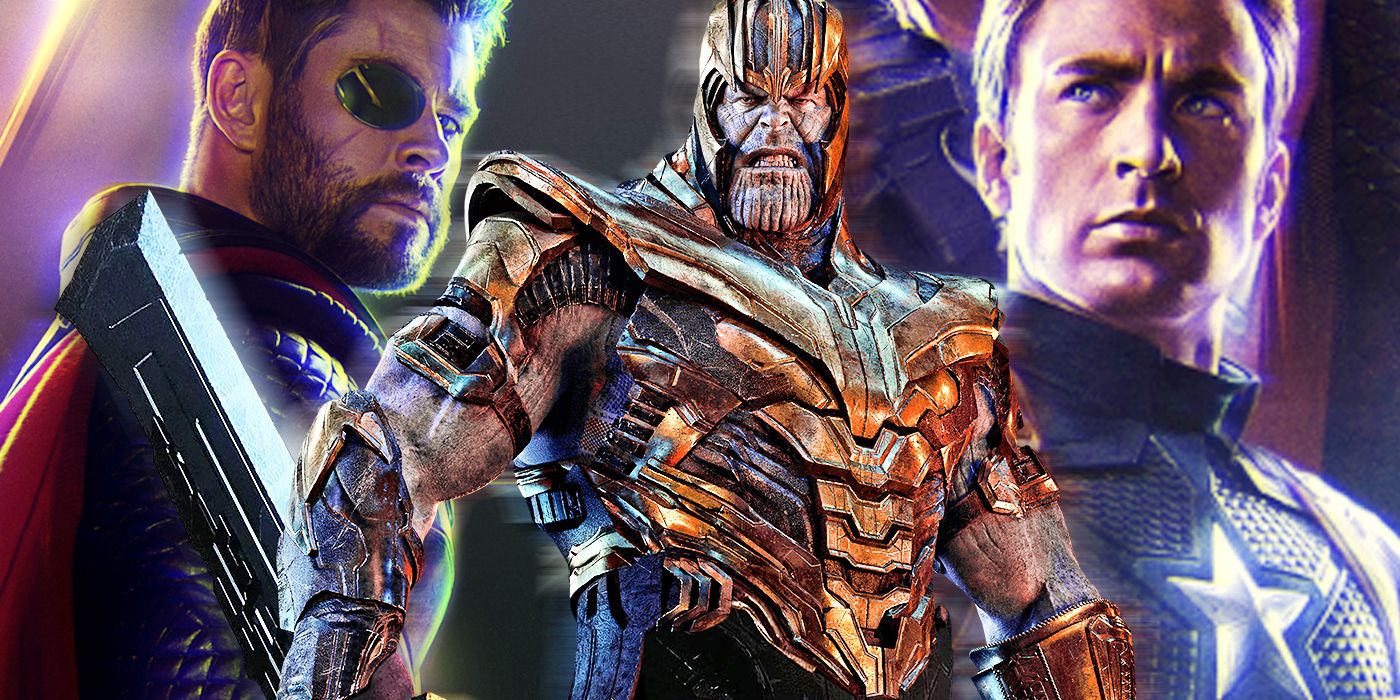
Recently, The Marvels director, Nia DaCosta, made some light-hearted comments about Captain America. According to the director, she believes his decision to save the Vision in Avengers: Infinity War doomed half of all life. It's an interesting take in a film where every decision carries massive weight, and logically, the Vision's decision to sacrifice himself may have been correct. That being said, the film's theme of sacrifice sets up an opposing idea that justifies Captain America's decision.
To Steve Rogers, every life has the same amount of importance as a thousand. His no-one-left-behind mentality has also served the character well for decades. In the Marvel Cinematic Universe, his decision to rescue the 107th ensured the survival of an entire division and revealed well-guarded Hydra secrets. Steve's decision to protect his friend Bucky also ended up turning his friend into a hero that has saved the planet on more than one occasion. However, in defending his friend, Steve got his first taste at the short-term cost of his long-term choices.

By protecting Bucky from authorities, he tarnished his relationship with Tony Stark and helped dismantle the Avengers. Infinity War served as another opportunity for Steve to make a much darker choice after the Vision laid out a plan where Wanda Maximoff would destroy the Infinity Stone. In his sacrifice, the world would be safer from the full force of Thanos and the Infinity Gauntlet. Steve's choice to not sacrifice the Vision opposes Thanos' thoughts on sacrifice.
Where Steve Rogers will do anything to save everyone, Thanos sees himself as the sword that enacts the mandates of his mission. For example, when obtaining the Soul Stone, Thanos pushed himself to sacrifice his daughter Gamora. To him, he felt he did the right thing for a more significant cause. However, even though he succeeded in eradicating all life, his victory was hollow. Those that survived The Blip were left hopeless, depressed and scared of what the future could bring. The result of the Mad Titan's action proved that his plan was a solution, but not the one that was needed.

On the other hand, Steve Rogers never gave up hope that there was a way to stop what Thanos started. Eventually, he was proven right when Scott Lang returned and gave them the idea for a time heist. Thanks to Steve's tenacity, the Avengers reassembled to obtain new Infinity Stones, and they were able to reverse what Thanos had done. That being said, sacrifice still played a part as the lives of Natasha Romanoff and Tony Stark were lost. But like Thanos, these particular deaths appeared to be an inevitability, where there was still hope for the Vision.
Thanos and Captain America are two sides of the same coin. Where one side believes all life matters, the other believes that sacrifice is necessary to ensure a fruitful existence. While Thanos and the Vision's plans lean toward the side of logic, they lack the soul needed for life to have meaning. This is proven by how the survivors of The Blip handled losing loved ones. However, Captain America's idea of saving the Vison and every life in the process shows that the value of life trumps logic, and sacrifice shouldn't be planned or forced. The results of Avengers: Endgame and the Avenger's success go on to prove that Cap's decision to protect the Vision remains justified.
0 Comments